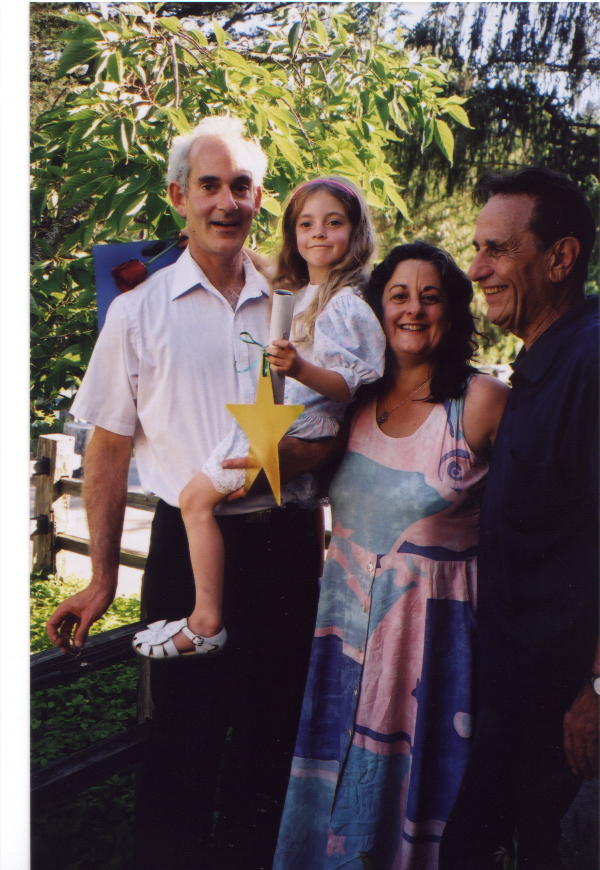Are We Born to be Victims of Genocide?
A Novel of Inquiry
By
Paul J. Trafficante
Copyright 1999
| Home |
| Life Story |
| Peace Movement |
| U. S. Supreme Court |
| Eviction |
| Book |
| Pictures |
| Tamalpais Health Ctr |
Paul's political energy in these last years took the form of an inquiry into why we really die.
What is it that makes the human clock begin to stop in our bodies?
He believed that if money and energy were devoted to the research into this question, in the same way the political and medical powers of today devote resources to their current institutions, the answer could be found, and in finding that answer, in truly learning how to expand the longevity of humans, humanity itself would be changed.
The eternal optimist, he believed that perhaps a greater sense of appreciation
for life would result, and people could change their actions, and their
priorities, accordingly. He chose to present his statement to the world
on this subject in the form of a novel.
Many within the intellectual and scientific community have substantial knowledge of nature's killing mechanism. However, their dialogue on nature's killing mechanism is on its process categorized as a genetic structure of a species rather than its essence and the implication of that essence.
The medical and scientific data stated in my novel is readily verifiable. The implications of that data are not readily included in any dialogue within either the intellectual or scientific community. In that regard, the reader of my novel does have a role.The novel delves into this inquiry through the story of Mario, a Sicilian anarchist. In the novel, Mario engages in a dialogue on the universe, by challenging the legitimacy of the dark side of nature's process of terminating human life. He portrays it as a killing mechanism, and weaves a compelling argument by pointing to studies that have concluded that most human deaths are in essence, unnatural. Mario also shows other sides of his nature in his relationship with two lovers, Naomi, a spiritual feminist and Nora, the female ideological counterpart of Mario. In the story, Mario's father, Leonardo, was a celebrated puppeteer of Sicily, whose theatre became a center for education of children, and an evangelistic mission to liberate the economically oppressed. The backdrop of these characters includes the Mafia stronghold in the Sicilian ghetto of New York. Interwoven into the theme of the novel is a murder, collectively conspired by a FBI agent, a college professor, and a Mafia Don.
Although the novel had not been published his ideas and contribution, live on in this work.
